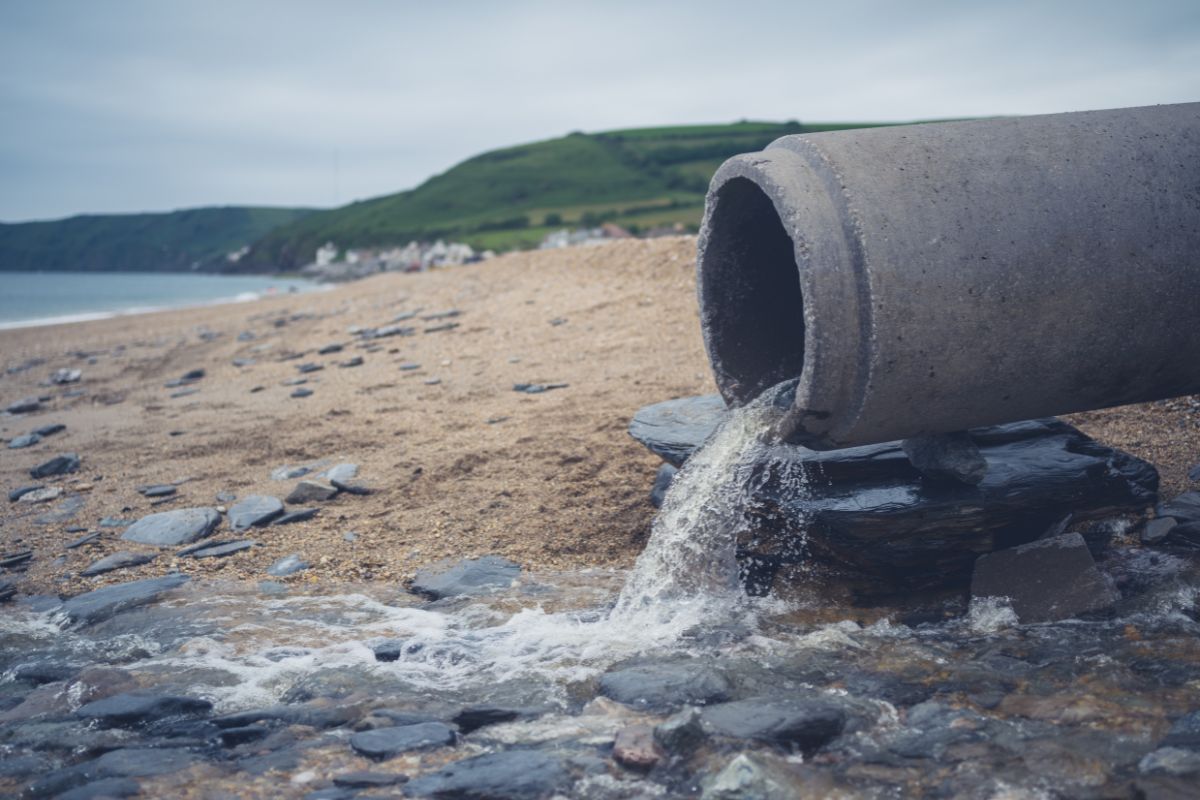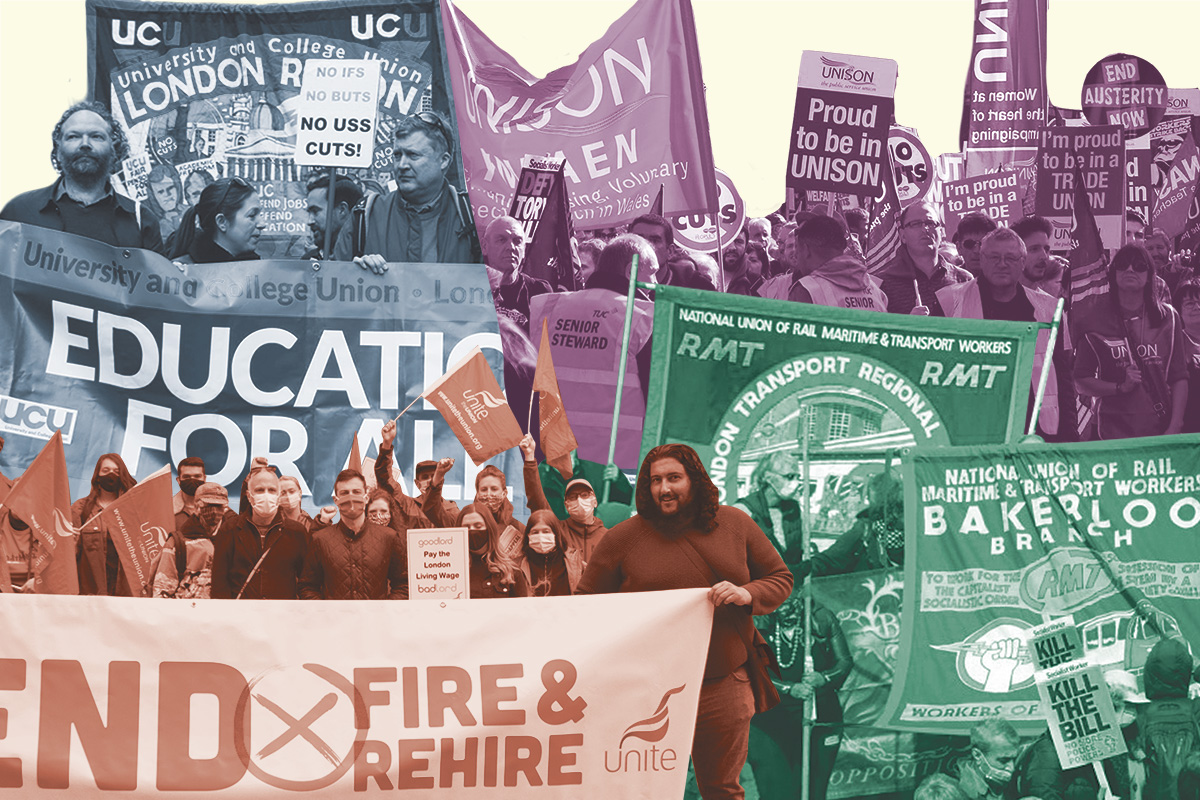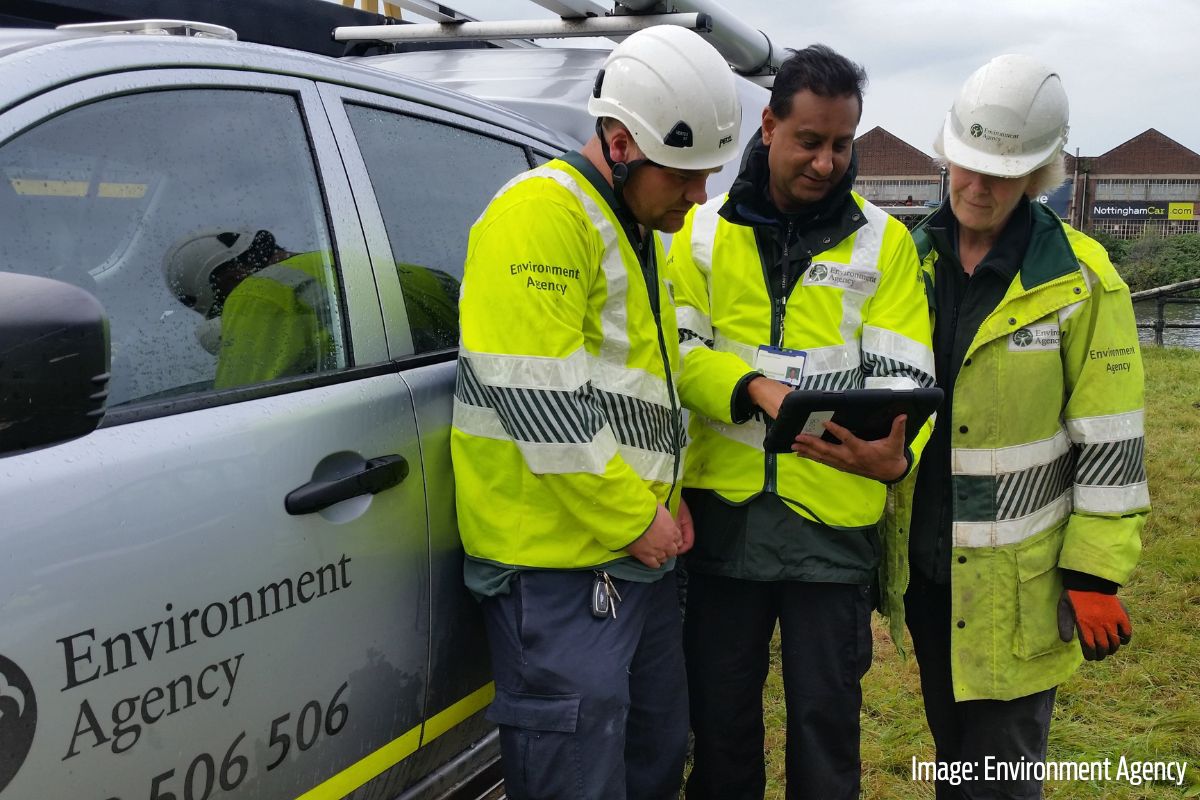Staff at the Environment Agency, responsible for regulating UK waterways, are set to take action short of strike, in a struggle over pay and conditions. This must be linked to bold demands for public ownership of the country’s natural resources.
Two unions – Prospect and Unison – have announced plans for industrial action at the Environment Agency (EA): a major government institution tasked with flood protection and environmental standards.
From 12 December, EA staff will be taking part in continuous action, short of strike. This includes only working contracted hours, and refusing to take on any unpaid overtime.
If the unions’ demands are not met, then this could escalate to a full strike. This would be the first walkout over pay in the agency’s 26-year history.
Impact of austerity

In truth, however, the conditions for such a situation have been building for some time.
Over the last twelve years of Tory rule, the EA has seen its budget cut by almost a quarter, even as climate change intensifies yearly flooding events in Britain.
A lack of funds has also limited the agency’s ability to protect UK waterways against harm from private water monopolies and other polluting capitalists.
Consequently, no English rivers pass the EA’s standards for chemical health; and only 14% meet standards for good ecological health.
At the same time, workers across the country are being hit hard by this mismanagement. While the majority of focus at the moment is on soaring energy costs, water bills have also risen over the last year – in some regions by as much as 10%.
Stagnant wages
Like many other public sector workers, EA employees have seen their wages near-frozen for years.
Staff have received either no pay rise whatsoever, as in the 2021-22 financial year, or a below-inflation pay rise every year for the last decade. The result is a real-terms pay cut of around 21% in this period.
Casualisation has also become increasingly widespread, in the form of recurring short-term contracts for new joiners, alongside a gradual cutting of 2,000 staff – a full sixth of the agency’s workforce.
This has led to massive overwork and chronic low pay. With a cost-of-living catastrophe bearing down on the whole working class, these issues have finally boiled over into potential action.
The crisis is apparent at every level of the agency. Even EA chief executive James Bevan admitted in a leaked letter to the then-environment secretary that: “Many are now experiencing real hardship. Some are using foodbanks.”
Bevan went on to describe the cap on wages at this time as “unjust, unwise, and unfair”. When even the highest officers in the agency are talking in these terms, you know things are bad.
Nevertheless, the cuts will go ahead. Faced with the choice between forcing workers to shoulder the costs of the crisis or taking a hit to their profits, the capitalist class and its representatives will always choose the former.
Ballot success

EA workers are not prepared to take this lying down, however. After being offered yet another below-inflation pay rise of just 2-3%, plus a frankly insulting £345 one-off payment, Unison responded by balloting its 2,800 members at the agency.
The result was a clear mandate for action. Smashing the Tories’ anti-union turnout threshold, 73% voted to down tools. This is a significant improvement on previous strike ballot efforts.
In a similar move, fellow EA union Prospect balloted its members, returning a result of 67% in favour of strike action, with 92% backing action short of strike.
This poses the possibility of united action from workers across different unions – a key step for the EA in particular, considering that Unite and PCS also organise some workers at the agency.
Workers’ control
Over the years, an increasingly corporate structure has taken hold at the EA – a reflection of the big business interests that now dominate our water supplies. Consequently, the agency has proven inadequate at managing the country’s rivers, reservoirs, and waterways.
The struggle for decent pay and conditions by EA workers must therefore be linked to bold political demands across the labour movement for public ownership and control over all essential natural resources.
This should be accompanied by calls for democratic workers’ control of institutions like the Environment Agency by workers themselves.
Under capitalism, environment workers are constantly hampered by top-down bureaucratic mismanagement, and by the imperatives of a profit-driven, privatised water system.
By contrast, a socialist society – under workers’ control – could properly allocate resources to flood and environmental protection, and democratically plan a green transition across the economy, without sacrificing workers’ wages and conditions in the process.
Ultimately, you cannot plan what you do not control; and you cannot control what you do not own. That is as true of environmental protection as it is of any other area of society.
The labour movement must therefore offer their full support and solidarity to EA workers’ struggle – helping to coordinate action across the unions, and fighting to transform society along socialist lines, in order to defend both workers and the environment.
- Victory to EA workers!
- Link the struggles to win!
- For democratic control of our water resources and management!






